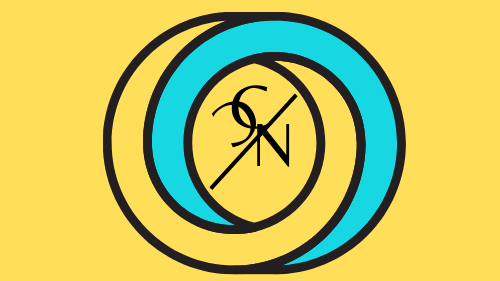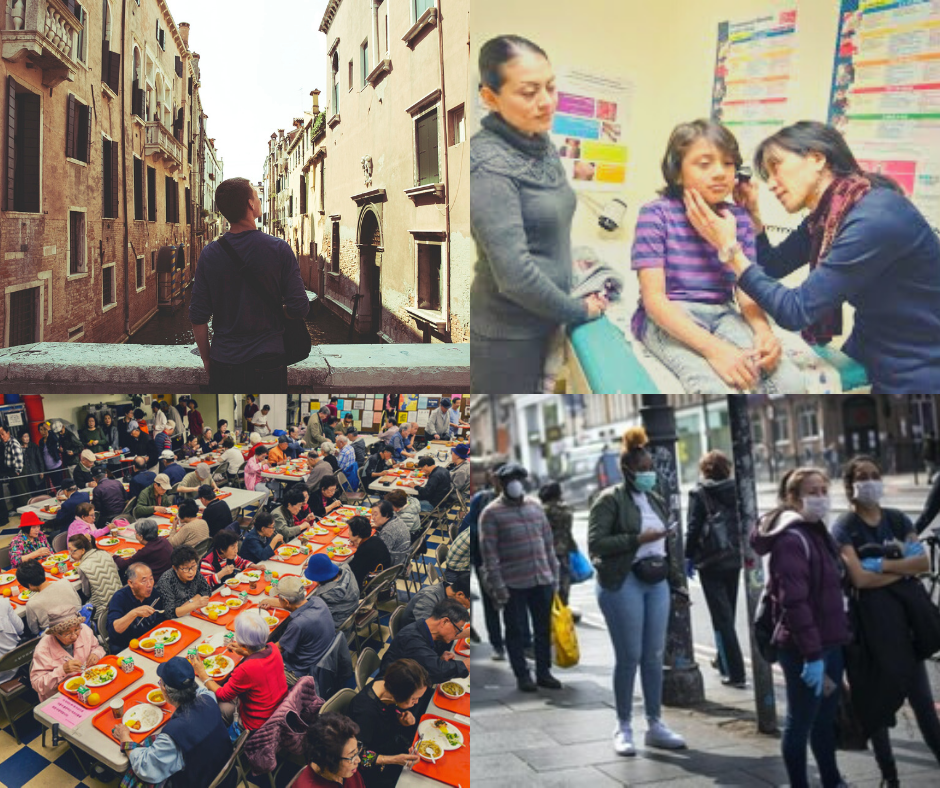
Co-Creation Nation – If not now, when?
By LUISA BRACAMONTE
Overview
Co-Creation Nation (CCN) Project is an early-stage idea proposed by Nxt Wave Founders, Inc.
As our world continues to change, the most valuable takeaway from enduring the worst pandemic of our times, is to emerge as more intentional citizens.
Recognizing the value of co-creating solutions, CCN will crowd-source intentional citizens, domain experts who can collaborate with teachers, administrators, parents, students (CCN members) to reverse learning loss – from improving curriculum to learning approaches via What’s Up and Discord. Instagram, Facebook, Telegram and Clubhouse resources are under consideration to prioritize the safety of the community.
Further, CCN intends to source recommendations and referrals to assist hard to reach, neglected families to access public assistance services in a streamlined application process provided by a side project “Close The Circle,” a solution of Nxt Wave Founders. The purpose of this integration is to reduce socioeconomic barriers facing low-income families extremely affected by the Covid-19 Pandemic in the City of Los Angeles, CA.
Intentional Citizens are volunteers and expert domains from public and private organizations that will help transform failures into opportunities to learn, prevent others from doing the same mistakes, and connect CCN members with resources via text messaging and video-chat. CCN will amplify the positive outcomes that will help us heal together from the painful experiences lived last year.
Collaborators
“RuralRise” and “EveryoneOn” are partners helping us bring WIFI and Broadband Connections to Rural America. “CloseTheCircle” is a digital solution seeking to collaborate with Los Angeles City to streamline the application process for multiple public assistance services without reapplying for each. Nxt Wave Founders is a nonprofit making entrepreneurship funding more inclusive by pioneering new approaches to economic mobility to reduce extreme poverty in relation to climate change.
Expected Impact
The CCN project aims to facilitate communication with hard to reach students and parents in low-income communities of Los Angeles. Last February, a Washington Post Article made us aware of Indio High School. The story highlights the journey of Mr. Richard Pimentel, Assistant Principal, and his personal efforts to track down the hundreds of students who have vanished from virtual school during the pandemic-induced remote learning of the past year.
As stated in the Desert Sun Editorial Board, “In case you missed it, the profile described how attendance fell at the 2,100-student school from 94% to as low as 70%. The reasons were myriad. Half of Indio’s students lived with family members who had gotten sick. A third lacked stable housing. A quarter had begun working full time or caring for younger siblings who were also home from school, the story noted. At least 350 students were regularly failing to attend class, so Pimentel had decided to spend every Wednesday driving to homes across the Coachella Valley to find missing students and offer his help.”
With our eyes bruising on tears by learning about Mr. Pimentel’s story; first, we felt grateful for a human being like him, who took matters on his own hands despite the risk of walking into unsafe neighborhoods and exposing himself to Covid-19 infection hot spots. Second, we knew that if we could find some way to help Mr. Pimentel and his missing students get back on track, we could not only support such a noble action but also replicate the model in other communities facing similar challenges. The Education (Re) Open is giving us the chance to launch the CNN Project hoping that we can attract like-minded individuals and organizations willing to support the purpose.
CCN selects the Indio High School Community in the Desert Sand District to pilot its project to focus on:
1) Reverse learning loss for the 350 missing students in Indio High School.
2) Reduce social-economic barriers to reducing learning loss by connecting students, families and teachers with multiple public assistance services including discount rent/utility services, food banks, youth employment and career pathways, job re-entry for parents, mental health/healthcare, and financial health pathways.
3) If students and parents need to work, support skilling and placement to living-wage jobs and career pathways.
Last December, McKinsey & Company Report provides a clear picture about how the pandemic has set back learning for all students, but especially for students of color. Students need help.
Today, there are 3,000, 000 students nationwide missing from the school system.
Adopt & Adapt

The CCN Project is in alignment with President’s Biden’s National Safe Re-Open of Schools and California’s Public School Recovery Plan. By engaging partners working in related missions, we can structure a combination of public and private funding that can support teachers, parents and students tackle learning loss and other systemic issues exposed by the pandemic including:
– Expand Digital Literacy Initiatives and distribute donated Chrome Books and Smart Phones among neglected individuals and families.
– Connect service providers and municipalities to subsidize or expand WiFi Hubs and Broadband at discounted price and low-cost to low-income families in marginalized neighborhoods. This infrastructure is critical for a full experience in the web-browser and mobile applications.
– Facilitate and foster co-creation activities in the school system to improve curriculum, learning engagement, after school and summer programs that students can benefit from. Building capacity to connect school stakeholders with startups and businesses is imperative.
– Streamline the application process for public assistance services without reapplying into multiple systems for each service. Los Angeles City and municipalities are doing a great job serving residents the best they can. However, a more streamlined application process will remove the hesitancy in residents to apply. A robust ticketing system is also critical to respond to resident’s incidents integrating text messaging, chatbots and video-chat features. Nxt Wave Founders is developing a Google Form to address the most effective way to improve the public assistance application process.
– Recruit committed Intentional Citizens from companies and organization that buy-in.
Buy-In
A successful pilot will increase buy-in from:
– Faith-Driven Organizations and CBOs at the front road of serving these constituents.
– Intentional Citizens are volunteers in the Co-Creation Nation Platform that includes:
1) Developers and Product Designers For Social Good who can contribute to co-creating a mobile application and facilitating integrations where CCN members can share messages and ideas using global txt-messaging and voice chat tools like Discord and What’s Up that can increase confidence and self-esteem.
2) Domain experts in curriculum design, mental health, public health, health care, financial health, and reskilling and upskilling for job reentry and career pathways.
Impact
In the case of Indio High School’s missing students, with resources like CCN, they could have a way to text emergency incidents to case managers or reach out to Mr. Pimentel. Both, are trusted intermediaries that can recommend lifeline resources and refer students to professionals like clinicians, social workers, therapists and other public assistance services who will be in better position to implement rapid interventions under a more multi-disciplinary system. Students Becoming effective communicators by sharing messages and ideas using global chat and voice chat tools like Discord can increase confidence and self-esteem.
Pilot Timeline
Milestones:
Month 1
1. Recruit local partners and stakeholders – In progress
2. Select local students participating in the pilot sample – In progress
3. Apply Human Centered-Design Approach – In progress
Month 2
1. Conduct data collection protocols (surveys, interviews, virtual meetings)
2. Prototype Development Starts (2-weeks)
3. Integrate Prototype with “Close The Circle” Project
Month 3
1. Test prototype virtually (Summer Program)
Marketing
The project will need social media support.
Reporting
The project can report outcomes and impact by the end of the year.